When Horses Ran London
Chalk Farm tube station, London
Guided by Charlie
Walk Times
| Day | Walk Type | Start Time | End Time | ||
|---|---|---|---|---|---|
| 4 December 2022 | Tour du Jour | 10.45 am | 12.45 pm | Winter |
Without its horses, London in 1900 would have ground to a halt – no buses, no deliveries, no goods trains. Come on a walk that reawakens this city’s cab stands, its multi-storey stables, its marshalling yards, its fashionable rides, its hay markets.
They’re all still there, but do we notice them? This is an amazing eye-opener into a lost city.
Find out just how much horsepower each bus route needed, and why flogging a dead horse wasn’t just a turn of phrase.
Here was a city so full of horses it was worried it would get buried in its own horse manure. Instead, the end was nigh – and we’ll cover that ground too, pick up on how the internal combustion engine cleaned the air, and the Great War was the great cull.
If you like horses you will love this, if you like London this will change the way you see the city.
WHEN HORSES RAN LONDON – THE PRACTICALS
When Horses Ran London takes place at 10.45 am on Sunday, December 4th. The meeting point is just outside Chalk Farm Tube. The walk was created and is guided by Charlie.

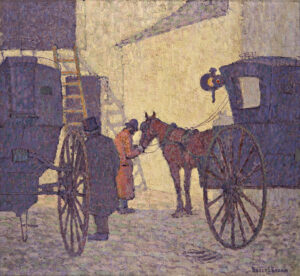
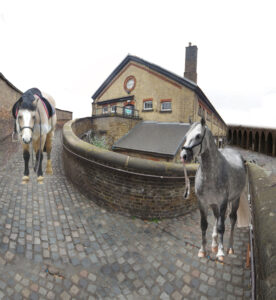
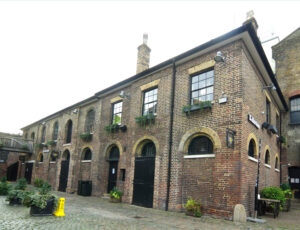
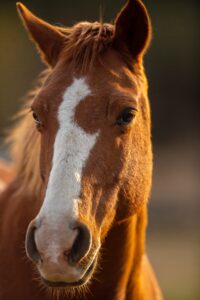
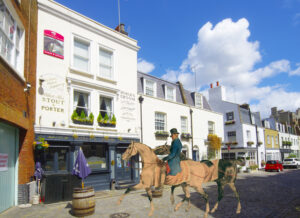
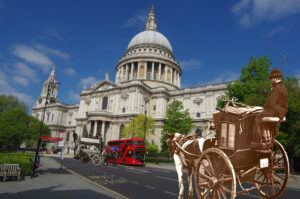
Sophie Stutter –
An excellent walk , lots of detail. An extremely well informed and enthusiastic guide.
Andy Grainger –
Thoroughly enjoyed this walk despite the rain. Why buy Gore-tex if you are not prepared to go out in it? Charlie is highly knowledgeable and engaging and the walk built on my visit to the London Transport Museum yesterday. I learnt about cabbies and Black Beauty and the origins of the RSPCA. The mega infrastructure project that was Camden Lock in the 1820’s linking road, rail and canal with horses. Gilbey’s Gin! The John Nash master design to supply his newly constructed West End. The lovely houses at Primrose Hill backing on to the Canal. And the horses – I used to ride horses of 10-12 years old, in 1900 they were mostly dead by 6 or 7. Electric largely replaced horses for public transport in a moment. Many thanks Charlie, for guiding me around that moment.